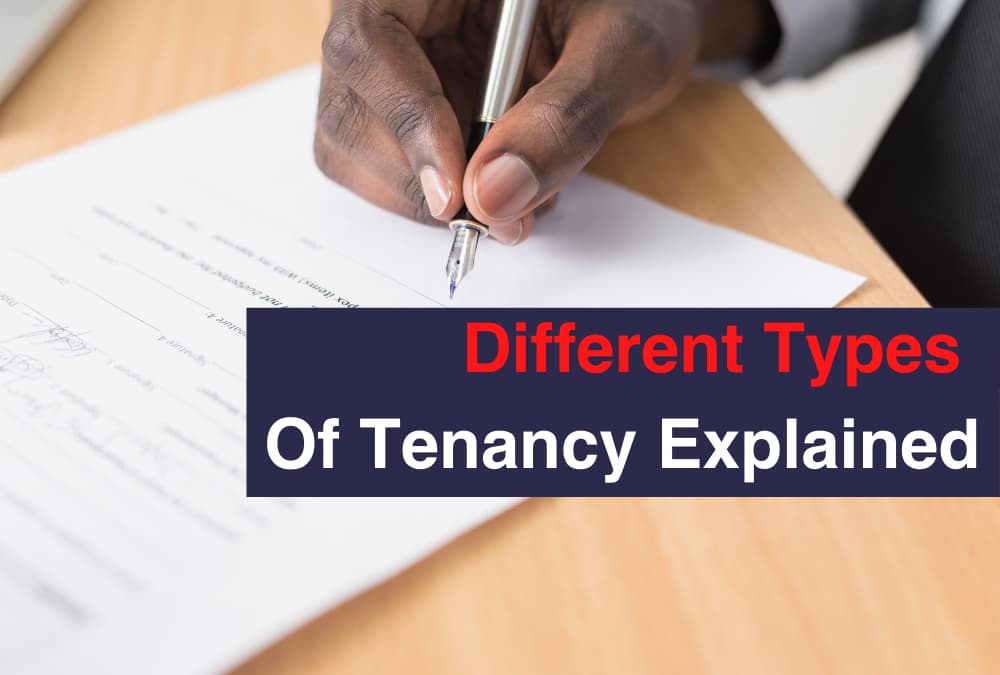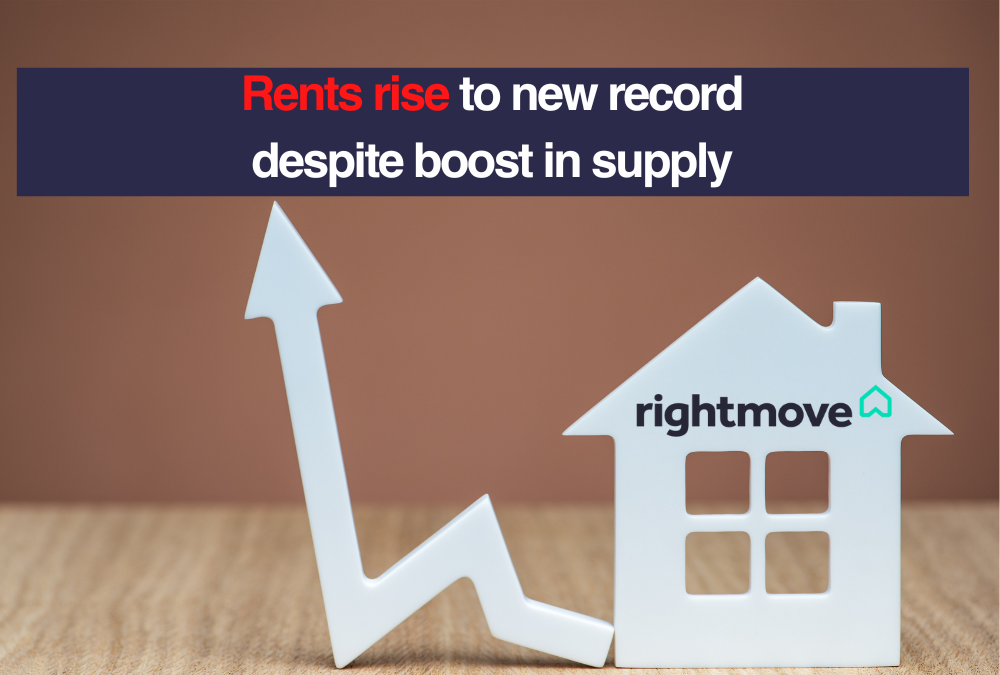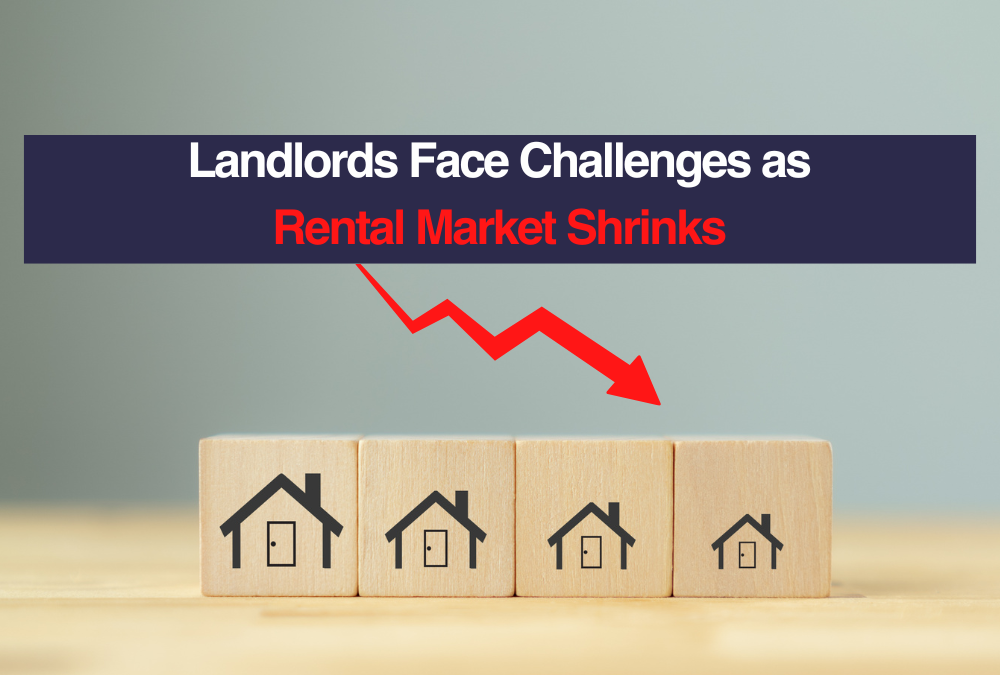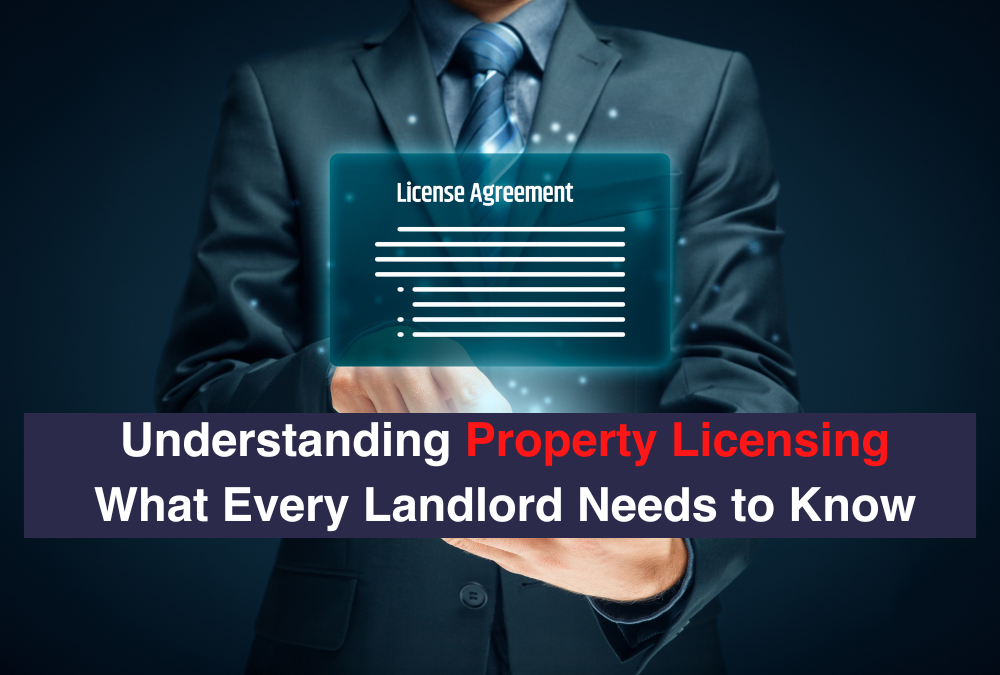When renting out a property you will need a Tenancy Agreement which is, essentially, a document setting out rules and responsibilities that provides both the landlord and the tenant with security and peace of mind for the duration of the tenancy.
An Agreement will give specific rights to both parties, which can include the rights of the tenant to live in a property and for the landlord to receive a regular payment of rent in exchange.
This guide will help you understand the different types of tenancy that exist, and which Agreement is right for your situation.
Assured Shorthold Tenancy (AST)
This is the most common type of tenancy, and in fact most tenancies these days are automatically ASTs.
As long as the property is private (not commercial), the tenancy started after 1989, the property is the tenant’s main accommodation, and you (the landlord) don’t live in the property, it is likely to be rented on an AST.
Even if you’re renting individual rooms to tenants who share facilities, you can use an AST.
However, if you’re charging extremely high rent (over £100k per year) or low or no rent, or if it’s a holiday rental, you can’t use an AST.
Most AST’s will stipulate an initial fixed term of six or 12 months and you can’t raise the rent during this time unless the tenant agrees, or there’s a rent review clause in the contract.
Once the fixed term is over, if you don’t sign a new contract with your tenant, the Tenancy Agreement automatically becomes ‘periodic’, moving to a monthly rolling contract with the same rent and same terms.
Under The Housing Act 1988, landlords using an AST agreement are given the ability to set the amount they would like to achieve for the rental and, under Section 21, allows landlords the automatic right of possession of the property after the fixed term of the tenancy is up.
A landlord has several obligations under an Assured Shorthold Tenancy Agreement which must be adhered to:
- The tenant must have their deposit protected by a government-approved scheme
- The correct eviction procedures must be adhered to if a landlord would like to remove a tenant
- Repairs must be carried out by the landlord and the landlord must arrange an annual safety inspection of all appliances that use gas
- The Government have prepared a How To Rent Guide which should be given to a tenant for all tenancies after October 2015. The tenant should also be given the Energy Performance Certificate (EPC) for the property
- A copy of a valid gas safety certificate must be given to the tenant
Non-Assured Shorthold Tenancy
This type of tenancy can only be used in certain situations where an assured shorthold tenancy can’t be used. This may be because the rent is less than £250 per year, the tenant has their main home elsewhere, or you live in the same property as your tenant (as long as you don’t share any facilities). This might be because a self-contained annexe is being rented instead of a room in the residence.
As this isn’t an AST, you don’t have to pay the deposit into a government-backed deposit protection scheme, and you don’t have to give a Section 21 or Section 8 Notice to end the tenancy. However, the tenant has the right to stay in the property until the end of the fixed term, as long as they comply with the terms of the tenancy agreement. Notice to quit must be served in order to evict the tenant after the fixed term.
Excluded Tenancy (for lodgers)
If you live in the property with your tenant and share facilities (for example you have a lodger in your home) then this may count as an excluded tenancy (ET).
Excluded tenancies don’t give the tenant as many protections as an AST. You don’t need to protect your tenant’s deposit in a government-approved deposit scheme, and you can usually evict the tenant without a court order and without giving four weeks’ notice, as long as you adhere to the tenancy agreement. An ET can be for a fixed period or run periodically, usually on a month-by-month basis. If the latter is the case, a landlord must give the same amount of notice, i.e., if rent is being paid monthly then a notice period of one month must be given for eviction.
Assured Tenancy
One of the most secure forms of tenancy and commonly used by Housing Associations, the Assured Tenancy (AT), affords a tenant more rights than under any other agreement.
A tenant must be renting a property as their only or main place of residence and as an individual, not as a business. As long as each tenant has a bedroom of their own, an AT can also apply to a shared house. Despite the more secure and assured nature of the AT, it can be removed if the tenant is found to be sub-letting or any criminal activities are taking place at the property.
Three forms of AT exist, namely:
Fixed Term – as with an AST, this is commonly a 6 or 12 month period
A Periodic Tenancy – the tenancy doesn’t have a fixed period of length
Statutory Periodic Tenancy – this means that the landlord hasn’t agreed a new fixed term after the initial term has ended
Private sector tenants who began renting a property between 1989 and 1997 are likely on an Assured Tenancy and if so, a Section 21 notice of The Housing Act 1988 cannot be used. Evictions can only take place using a section 8 notice and the Landlord would have to prove to a court that they have reasonable grounds for eviction. As such an assured tenancy gives much great security from eviction, as long as the tenant abides by the terms of the agreement.
If you’re just beginning to look at renting your property now, you’re unlikely to opt for this type of tenancy, although it’s worth noting that any tenancy that began between 1989 and 1997might be an assured tenancy… thus giving tenants long-term tenancy rights.
Regulated Tenancy
This is one of the rarest forms of tenancy agreement, although there are still some in existence. Created before 15th January 1989 and governed by the Rent Act 1977, the Regulated Tenancy (RT) has not been commonly used for over 30 years.
They are based on an agreement that is long term in nature, allowing a tenant to remain in a property for life and allows tenants to pay a fair rent, which was assessed by a Rent Officer from the Valuation Office Agency (VOA) instead of being set by the landlord. In most cases, the level of rent was lower than a market rent for a property of the same size and type and a landlord would have to make an application to the Rent Officer in order to increase it (which could only happen once every 2 years). Typically, the only grounds for possession would be a breach of the agreement.
Company Let
If you rent your property to a company rather than an individual, the tenancy is not an AST. It will be a non-assured tenancy agreement and is not governed by AST rules.
The responsibility lies with the company itself for any financial obligations laid out in the agreement, such as rent, Council Tax and utility bills. The deposit does not need to be protected in a government-approved scheme and in addition, there is no need to serve a section 21 or section 8 notice for eviction – a “notice to quit” is all that is required.
The ban on fees doesn’t apply to company lets either. Under the agreement, rent is often paid every quarter but sometimes a company might decide to make an advance payment of a few years rent in one lump sum in exchange for a discount. A break clause can be added to the agreement (and likely insisted upon) to ensure protection for both parties, such as if circumstances of either party were to change during the agreement. The agreement can be fixed term, after which a rolling monthly periodic term begins
Verbal Agreements
If you don’t have a written agreement, your tenant will still have legal rights. Some rules apply even if they aren’t written down.
These include the responsibilities for repairs and the rules on eviction
If you accept rent from anyone for living in your property, any verbal agreement you have will count as a legal agreement.
However, we strongly recommend having a written agreement in place as verbal agreements can be much more difficult to enforce if there is any dispute. It will also help both understand their rights and responsibilities.
If you want to speak to us about a current Tenancy Agreement or are considering your options for your rental property, get in touch today and speak with our lettings management team: Tel: 0330577 2118
Related Articles
- Tenancy Agreements Explained
- Unfair Terms in Tenancy Agreements
- The Importance Of Building A Good Relationship With Your Tenants
- Can You Have A Tenant Who Is Under 18 years old?
- Landlord’s Guide to Letting Property








